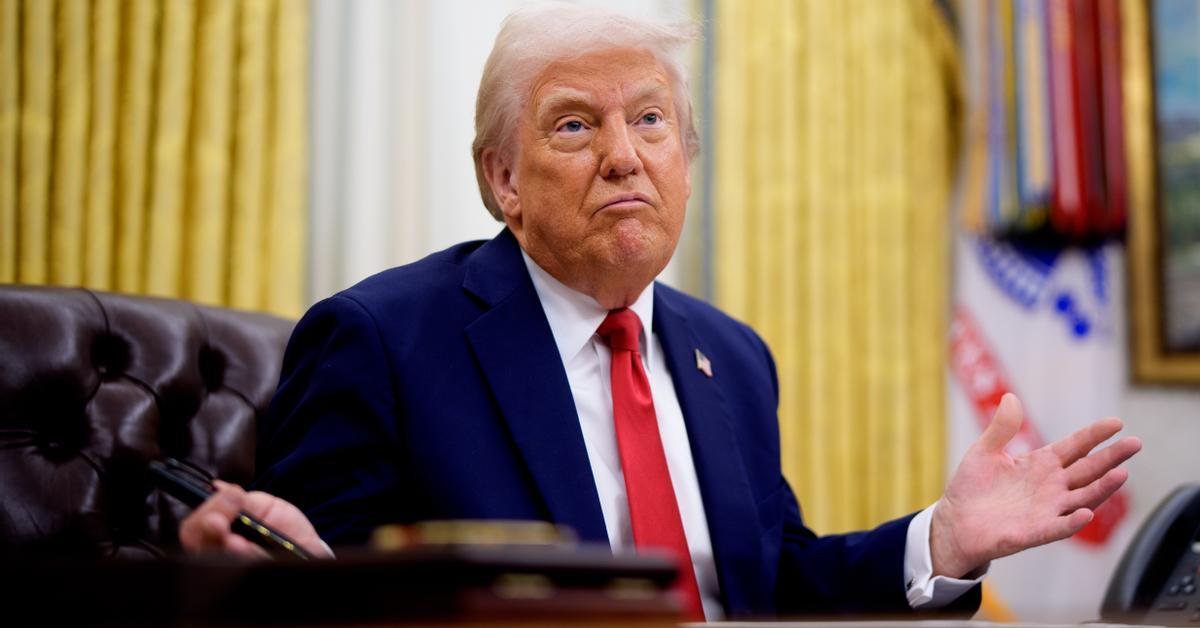“This is in the mission entrusted to God, and no one can stop what should happen.” Donald Trump himself suffered his photo with this legend. He already said this when he suffered an attack in the summer: God fought with him from death to fulfill the mission.
If you are a delegate of God on earth, what can a federal judge, an elite university, Mexican without papers or a newspaper mean? How can you agree that the modest civilian Court of International Trade tell you that your tariffs signed on the pompous day of liberation are illegal in order not to pass the legislative procedure?
